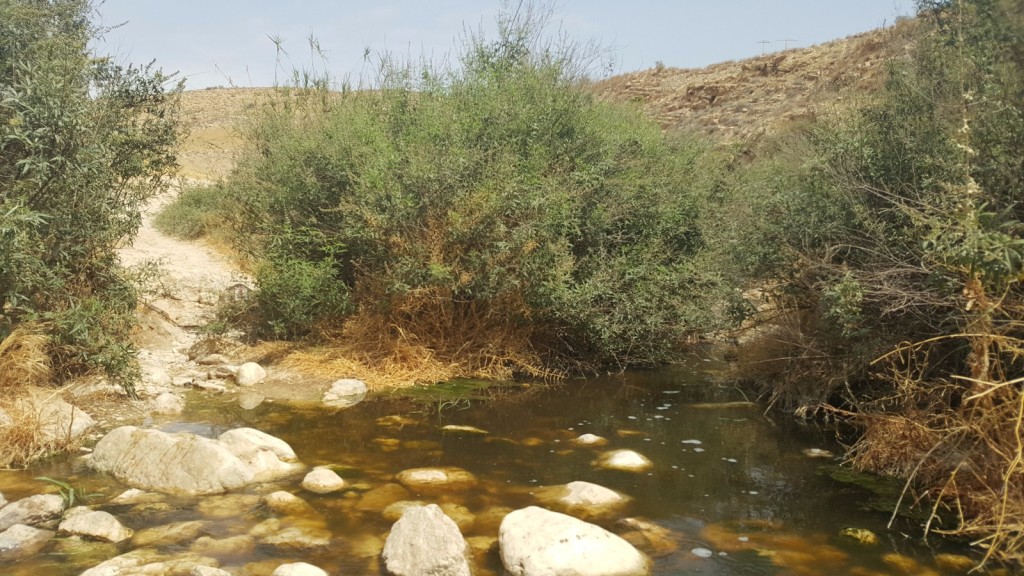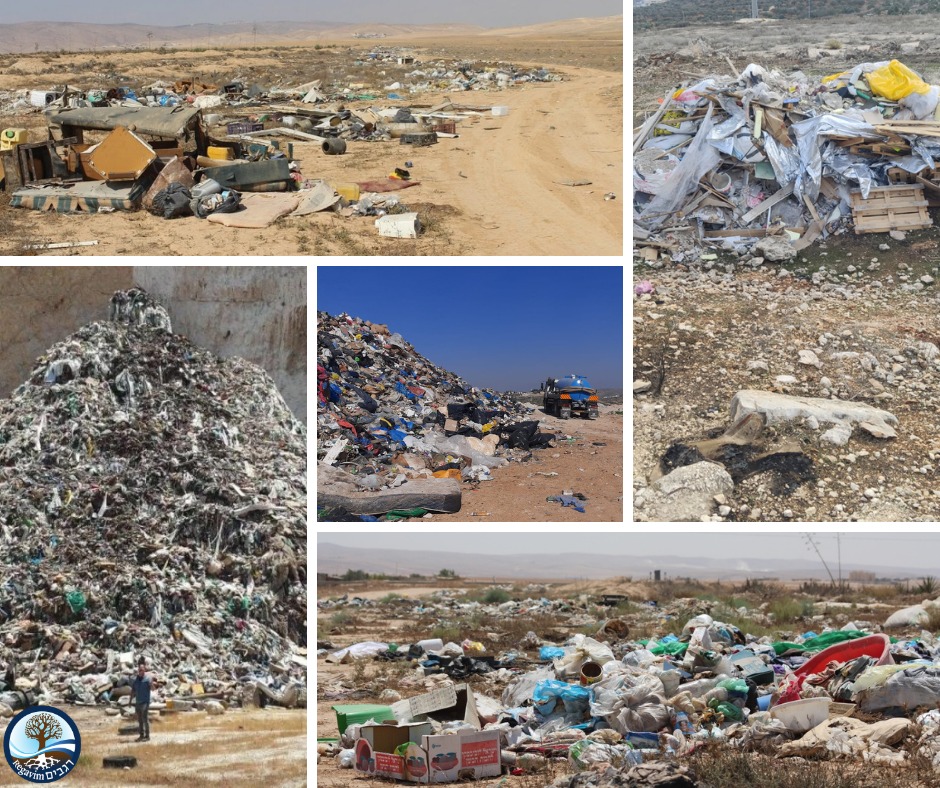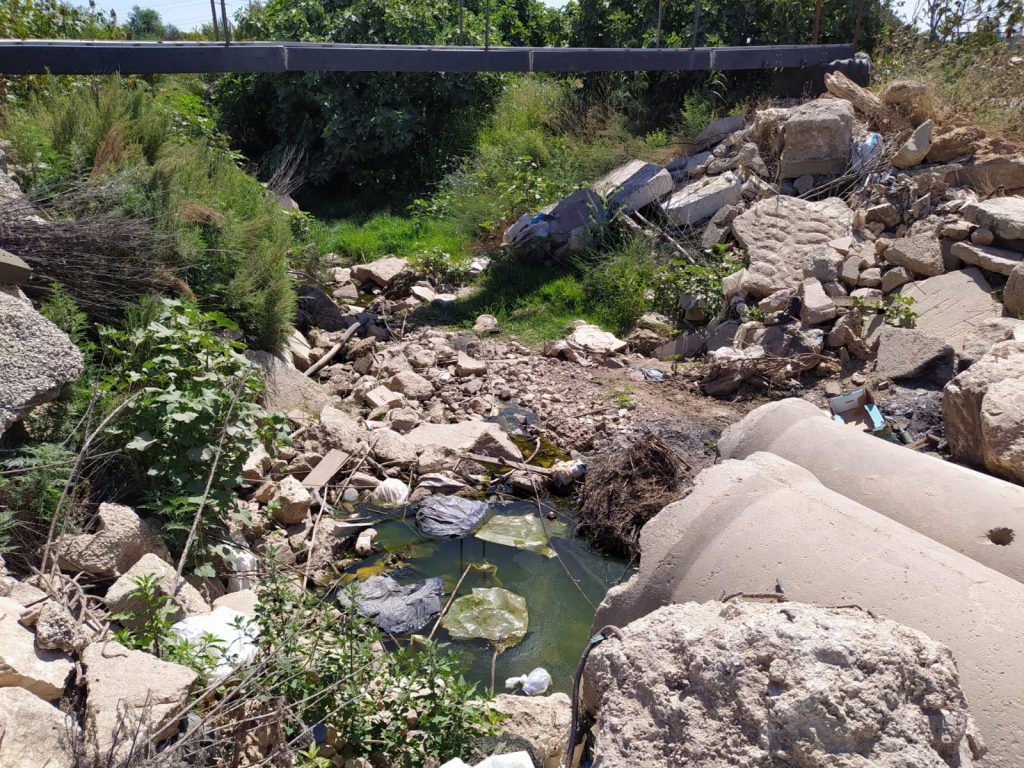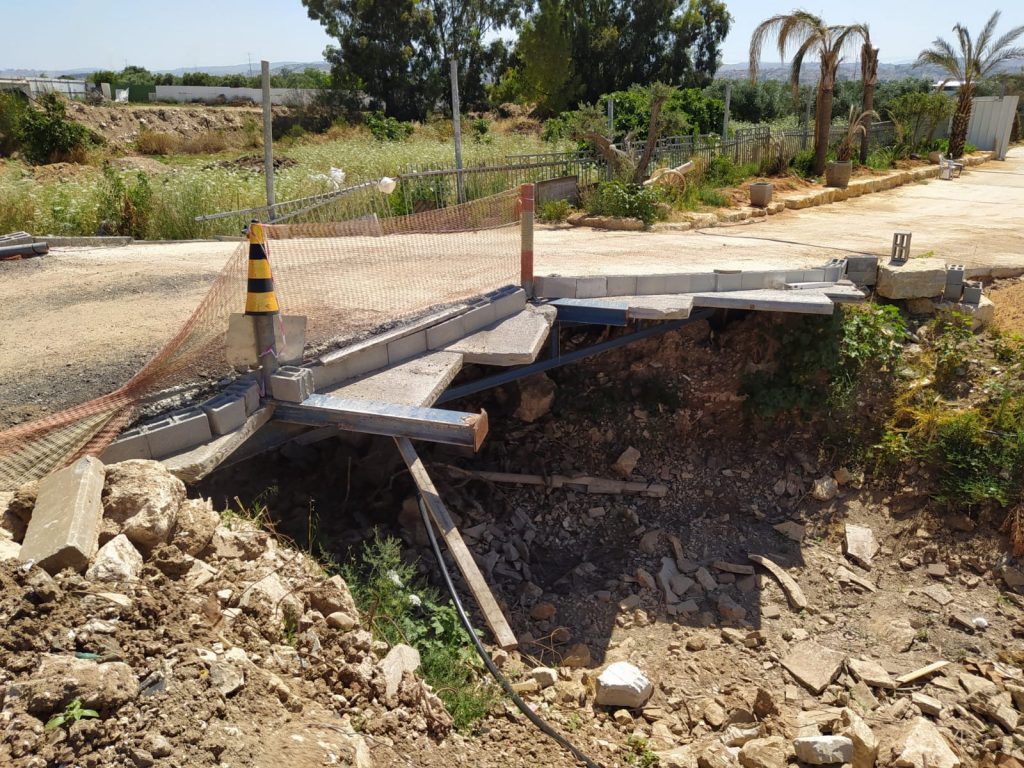
“The PA has zero control over the environment in Judea and Samaria, polluting and suffocating both Israeli and Arab communities,” says Eitan Melet of the Regavim NGO.
This article first appeared on World Israel News, by Aryeh Savir
The Palestinian Authority’s Prime Minister Mohammad Shtayyeh said Israel’s “colonial settlements and their waste” are “Palestine’s most significant environmental dangers” in his address at the 2021 United Nations Climate Change Conference (COP26) in Glasgow on Tuesday. .
Listing the various grievances against Israel’s supposed environmental policies, Shtayyeh accused the Jewish state of “target[ing] land, trees, and water resources” and claimed that “around 2.5 million trees have been uprooted since 1967.”
Additionally, Israel has been “exhausting the resources of the Dead Sea, which threatens to dry it up, and restricting Palestine’s access to its shores,” Shtayyeh claimed.
However, an examination of the facts shows that the PA is the primary and almost sole environmental contaminator in Judea and Samaria on multiple levels.
The Prat Stream is polluted from sewage coming from Al-Bireh. The Shiban Stream is polluted by the slaughterhouses of Ramallah. Nahal Alexander is contaminated by PA oil mills in Samaria. The Hebron River is polluted by Hebron’s marble industry.
The Ramallah municipality poured massive mounds of trash into an abandoned quarry in the Binyamin region. More than 10,000 cubic feet of garbage were dumped there for weeks and then set on fire. The fire burned for almost a week, and the smoke reached the outskirts of Jerusalem.
PA residents established a huge car wreck lot in the heart of a nature reserve in Samaria. Hundreds of similar sites are scattered throughout the PA-administered areas of Judea and Samaria, in almost every Arab village.
An illegal Arab quarry, covering thousands of dunams in eastern Gush Etzion, is the largest quarry between the Jordan River and the Mediterranean Sea. The extent of the environmental and scenic damage this quarry causes is indescribable, and this is only one of many more within the Palestinian Authority, without supervision, without control, and without rehabilitation operations.
A nature reserve controlled by the Palestinian Authority in the Judean Desert is crossed by miles of roads and pocked by hundreds of illegal structures.
A tire-burning site near Ramallah pollutes the area for the wire extracted from the tires.
The sewage from Bir Zeit University, from the town, and from nearby villages, flows openly as a stream of raw sewage in Samaria, without any treatment.
Eitan Melet, Field Coordinator for Judea and Samaria for Regavim, an NGO dedicated to the protection of Israel’s national lands and resources, documented these enviromental crimes and accused Shtayyah of “lying to the whole world.”
“The PA has zero control over the environment in Judea and Samaria, polluting and suffocating both Israeli and Arab communities,” he charged.











